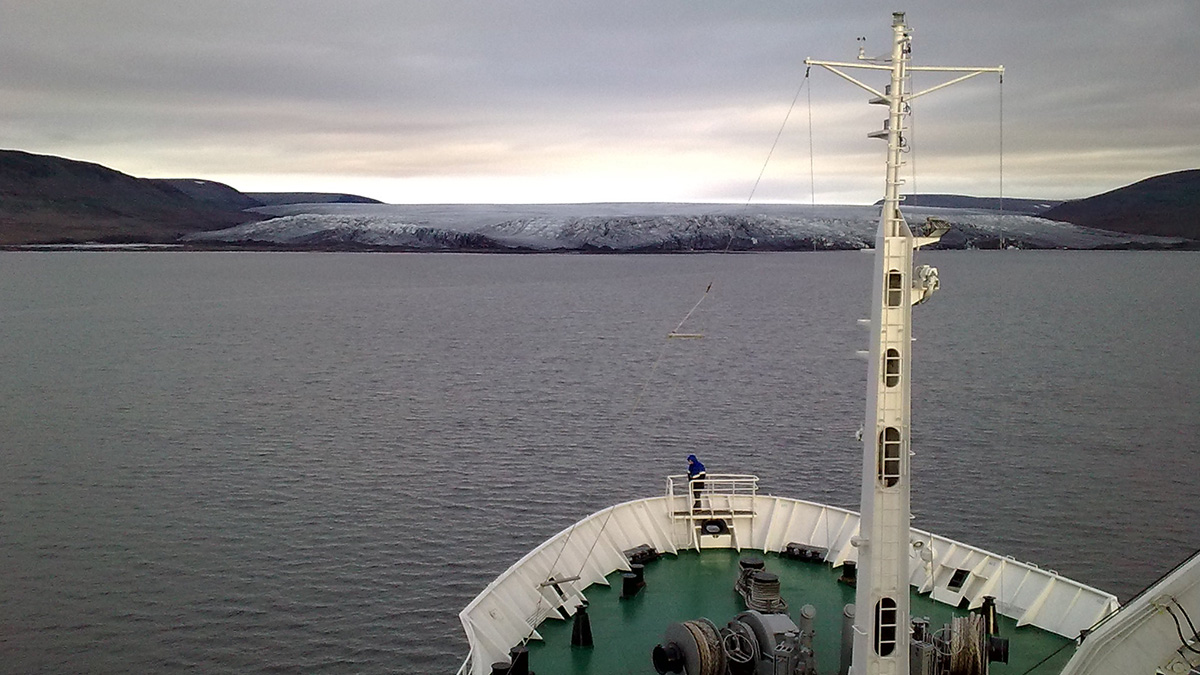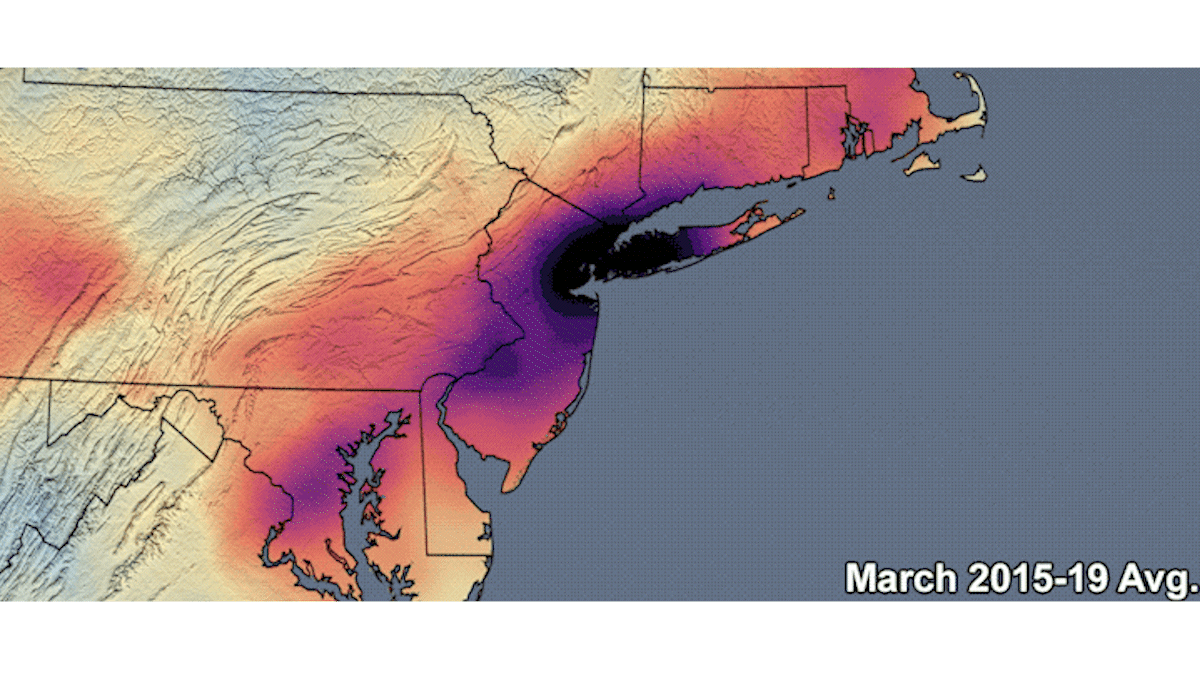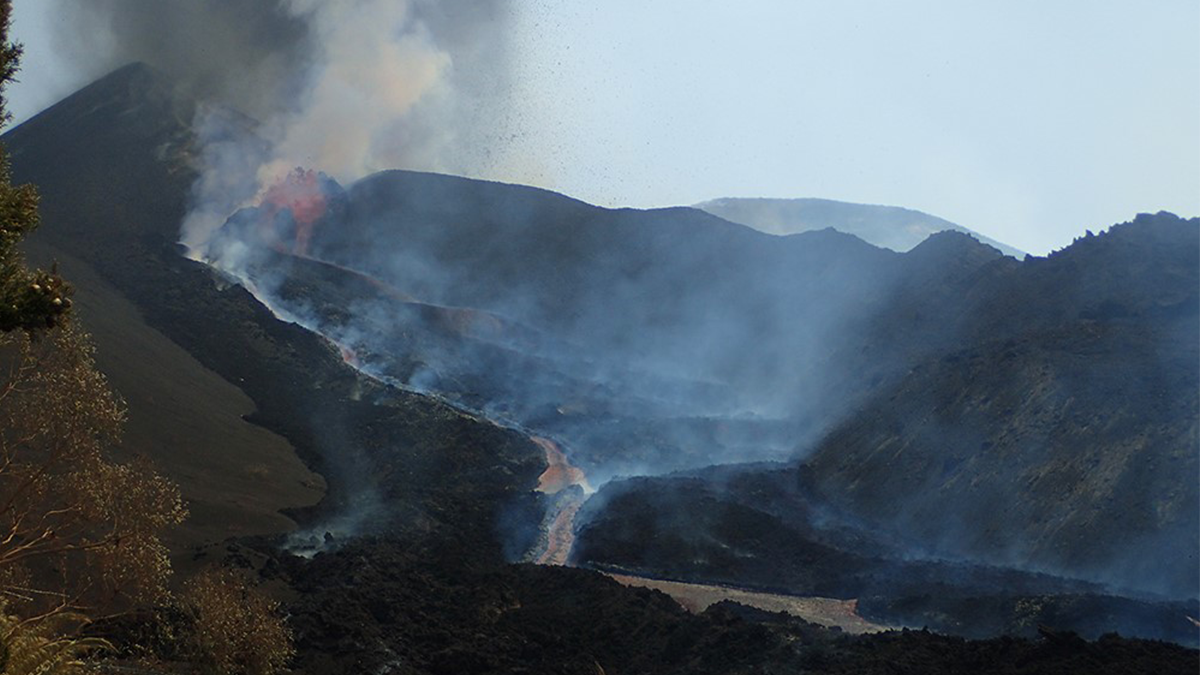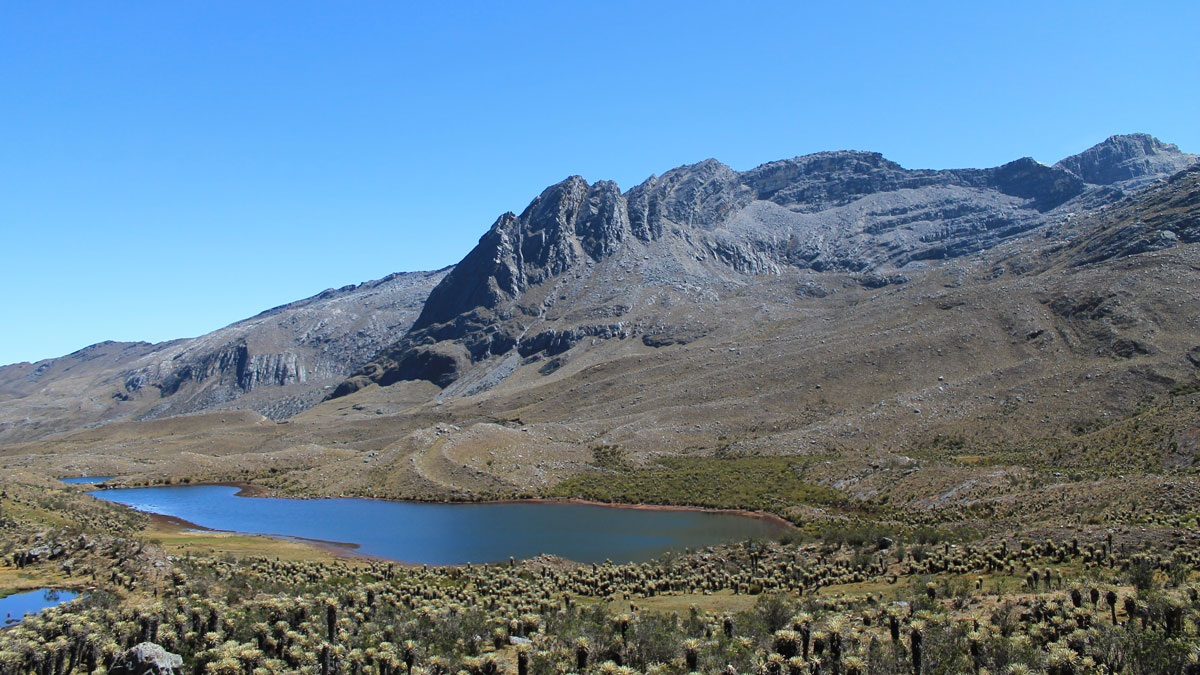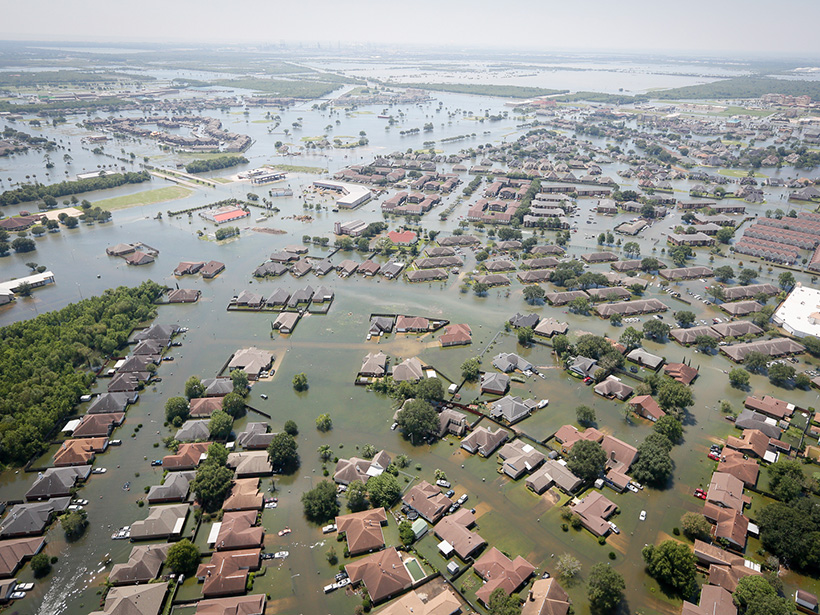A team studying Russian glaciers found evidence that a volcanic eruption in southern Peru changed the planet’s climate at the beginning of the 17th century.
transdisciplinary science
Ancient Nile Tributary May Have Aided Pyramid Construction
Pollen from sediment cores shows that a now dry channel cutting through Giza was once a flowing waterway that Egyptian pyramid builders could have used to transport supplies.
Can Decommissioned Mines Become Green Power Generators?
A new report supports the idea that underground mines can be transformed into energy storage facilities, adding the possibility of on-demand, carbon-free power to energy grids.
Using Data to Mitigate Inequitable Environmental Burdens
A new transdisciplinary special collection welcomes studies exploring data and tools for identifying and mitigating environmental injustice.
Dynamics of Volcanic Processes
A new cross-journal special collection invites contributions on modern approaches used to investigate dynamics of volcanic processes.
Indoor Air Pollution in the Time of Coronavirus
How aerosol scientists spread the word on the airborne transmission of COVID-19–and what it means for cleaning our indoor air.
Understanding and Utilizing the Fractured Earth
The prediction of flow and transport in fractured rock is one of the great challenges in the Earth and energy sciences with far-reaching economic and environmental impacts.
Community Science Builds a Seismic Network in Haiti
Small, inexpensive seismometers are capable of sharing high-quality data in real time—and were put to the test during an August 2021 earthquake.
A Puzzle Mat for Assembling Colombia’s Geologic History
A new database compiles all the available pieces of information about Colombia’s geochronology, offering scientists a consistent framework in which to view and study the data in a broader context.
Cuando los ríos están contaminados, las inundaciones son solamente el primer problema
A medida que las inundaciones aumentan en frecuencia e intensidad, los productos químicos enterrados en los sedimentos de los ríos se convierten en “bombas de tiempo” que esperan activarse.

